

Articles
How To Store Boiled Eggs
Modified: February 26, 2024
Learn how to store boiled eggs properly and prevent them from spoiling. This helpful guide provides useful tips and techniques for ensuring your boiled eggs stay fresh for longer.
(Many of the links in this article redirect to a specific reviewed product. Your purchase of these products through affiliate links helps to generate commission for Storables.com, at no extra cost. Learn more)
Introduction
Boiled eggs are a versatile and nutritious food that can be enjoyed in a variety of dishes, from salads to sandwiches and beyond. Whether you’re making a hearty breakfast or preparing a picnic, having boiled eggs on hand can save you time and effort in the kitchen. However, it’s essential to know how to store boiled eggs properly to ensure their freshness and quality.
In this article, we will explore the different methods of storing boiled eggs and provide you with expert tips to maximize their shelf life. Whether you have leftover boiled eggs from a meal or want to meal prep for the week ahead, understanding the best practices for storing boiled eggs will prevent wastage and maintain their flavor and texture.
Before we dive into the specifics of storing boiled eggs, let’s explore why it’s crucial to store them carefully.
Key Takeaways:
- Properly storing boiled eggs is crucial for maintaining freshness, flavor, and safety. Whether refrigerating, storing in water, leaving in shells, or pickling, follow these methods to enjoy convenient access to this versatile and nutritious food.
- Consider temperature, moisture, and egg state when storing boiled eggs. Label and date containers, store in the refrigerator, avoid temperature fluctuations, and handle with clean hands. By following these tips, you can maximize freshness and minimize waste.
Read more: How To Store Hard-Boiled Eggs
Why Do You Need to Store Boiled Eggs?
Storing boiled eggs properly is essential for several reasons. Firstly, it helps to maintain their freshness and prevent spoilage. Unlike raw eggs, boiled eggs have a shorter shelf life and can spoil more quickly if not stored correctly. Proper storage methods not only extend the lifespan of boiled eggs but also help preserve their flavor and quality.
Secondly, storing boiled eggs properly also ensures food safety. Boiled eggs are a potential breeding ground for bacteria, such as Salmonella, if they are not handled and stored correctly. By following the recommended storage methods, you can minimize the risk of bacterial contamination and protect yourself and your family from foodborne illnesses.
Lastly, storing boiled eggs properly allows you to incorporate them into various dishes and recipes over an extended period. Whether you plan to use them for breakfast, in salads, or as a snack, having properly stored boiled eggs readily available saves time and effort in meal preparation. By storing them correctly, you can enjoy the convenience of having boiled eggs within reach whenever you need them.
Now that we understand the importance of storing boiled eggs let’s explore some key factors to consider when storing them.
Factors to Consider in Storing Boiled Eggs
When it comes to storing boiled eggs, there are several factors to consider to ensure optimal freshness and quality. These factors include temperature, moisture, and the state of the eggs.
Temperature: Boiled eggs are best stored at a cool temperature to maintain their freshness. The ideal temperature for storing boiled eggs is between 40 to 45 degrees Fahrenheit (4 to 7 degrees Celsius). This temperature range helps slow down bacteria growth and extends the shelf life of boiled eggs.
Moisture: Boiled eggs should be stored in a moisture-controlled environment. Excessive moisture can lead to the growth of mold or bacteria, while too little moisture can cause the eggs to dry out. To maintain the ideal moisture level, it is important to choose the appropriate storage method for your boiled eggs.
State of the eggs: The state of the boiled eggs also plays a role in determining the best storage method. Whether you have peeled or unpeeled boiled eggs will impact the storage options available to you. Peeled boiled eggs are more vulnerable to drying out and absorbing odors, while unpeeled boiled eggs have a more protective shell.
Considering these factors will guide you in choosing the most suitable method for storing your boiled eggs. In the following sections, we will explore different methods of storing boiled eggs, including refrigerating them, storing them in water, keeping them in their shell, and pickling them. Each method has its benefits and is suitable for different situations.
Now, let’s dive into the various methods of storing boiled eggs!
Different Methods of Storing Boiled Eggs
When it comes to storing boiled eggs, there are several methods to choose from, depending on your preference and the intended use of the eggs. Let’s explore four popular methods:
- Refrigerating Boiled Eggs: One of the most common methods is to refrigerate boiled eggs. To do this, simply place the boiled eggs in a covered container or an airtight ziplock bag and store them in the refrigerator. This method is ideal for preserving the freshness of boiled eggs for up to one week. Make sure to keep the eggs away from strong-smelling foods in the fridge to prevent absorption of odors.
- Peeling and Storing Boiled Eggs in Water: Another method is to peel the boiled eggs and store them submerged in water. Start by peeling the eggs and placing them in a clean container. Fill the container with enough cold water to cover the eggs completely, and then seal it with a lid or plastic wrap. This method helps retain the moisture of the eggs and prevents them from drying out. Remember to change the water every one to two days to maintain freshness.
- Storing Boiled Eggs in Their Shell: If you prefer to store boiled eggs with their shells intact, you can simply leave them as is. To maintain freshness, place the eggs in a covered container or an egg carton and keep them in the refrigerator. This method helps protect the eggs from absorbing odors and minimizes moisture loss. It is important to note that eggs stored in their shells have a longer shelf life compared to peeled eggs.
- Pickling Boiled Eggs: For a unique and tangy twist, you can pickle your boiled eggs. Start by boiling a mixture of vinegar, water, sugar, and spices, such as peppercorns or dill. Once the mixture is simmering, add the peeled boiled eggs and let them cook for a few minutes. Transfer the eggs and the pickling liquid into a glass jar, making sure the eggs are fully submerged. Seal the jar and refrigerate for a minimum of 24 hours before enjoying your delicious pickled eggs. This method not only preserves the eggs but also infuses them with a zesty flavor.
Each method has its merits, so choose the one that suits your needs and personal preferences. Now that you know the different methods, let’s dive deeper into each one and explore how to implement them effectively.
Method 1: Refrigerating Boiled Eggs
Refrigerating boiled eggs is a common and convenient method for storing them. It helps to maintain their freshness and quality for a longer period. Follow these steps to refrigerate your boiled eggs:
- Allow the boiled eggs to cool: After boiling the eggs, remove them from the heat and let them cool down to room temperature. This will prevent them from sweating and reduce the risk of condensation forming on the shells.
- Prepare a container: Choose a covered container or an airtight ziplock bag that is large enough to hold the boiled eggs. Ensure that the container is clean and dry before use.
- Place the boiled eggs in the container: Gently place the boiled eggs in the container, making sure not to stack them on top of each other. If you’re using an airtight ziplock bag, lay the eggs flat in a single layer.
- Cover and seal the container: Close the container tightly with its lid or seal the ziplock bag completely. This will prevent air and odors from getting into the container and affecting the freshness of the eggs.
- Label and date the container (optional): If you have multiple containers or plan to store the eggs for an extended period, it’s helpful to label and date them. This ensures that you can easily identify the eggs and keep track of their freshness.
- Store in the refrigerator: Place the container or ziplock bag in the refrigerator, preferably on a shelf rather than in the door. The consistently cool temperature of the refrigerator helps slow down bacterial growth and extends the shelf life of the boiled eggs.
- Use within one week: It is recommended to consume the refrigerated boiled eggs within one week for optimal freshness. After this period, the quality may start to decline, and the eggs may become less flavorful.
By refrigerating boiled eggs, you can have them readily available for various recipes or as a quick and healthy snack. Remember to store them away from strong-smelling foods to prevent any unwanted odors from being absorbed. Enjoy your refrigerated boiled eggs while they’re fresh and delicious!
After boiling eggs, store them in the refrigerator within 2 hours. Keep them in their shells to maintain freshness and prevent absorption of other odors.
Read more: How To Store Boiled Eggs In Fridge
Method 2: Peeling and Storing Boiled Eggs in Water
If you prefer to peel your boiled eggs before storing them, storing them in water is an excellent method to maintain their moisture and freshness. Here’s how you can do it:
- Let the boiled eggs cool: Once you have boiled the eggs, remove them from the heat and let them cool down to room temperature. This will make it easier to peel them later.
- Peel the boiled eggs: Gently tap each boiled egg on a hard surface to crack the shell. Roll the egg gently between your hands to loosen the shell, then peel it off carefully. Make sure to remove all the pieces of shell and be gentle to avoid damaging the egg itself.
- Prepare a container: Choose a clean and dry container large enough to hold the peeled eggs. It’s best to use a container with a lid to maintain the moisture level.
- Submerge the peeled eggs in water: Place the peeled eggs into the container, making sure they are completely submerged in cold water. The water helps retain the moisture of the eggs and prevents them from drying out.
- Seal the container: Close the lid tightly on the container to prevent any leakage or evaporation of water. This will help maintain the ideal moisture level and freshness of the eggs.
- Store in the refrigerator: Put the container with the peeled eggs in water in the refrigerator. Make sure to place it on a shelf rather than in the door to maintain a consistent and cool temperature.
- Change the water regularly: To keep the eggs fresh, it’s important to change the water every one to two days. This prevents any buildup of bacteria or potential off-flavors and helps maintain the quality of the stored eggs.
- Use within one week: It’s recommended to consume the peeled eggs stored in water within one week for the best quality and flavor. After this period, the eggs may lose their freshness and texture.
Storing peeled boiled eggs in water is a simple and effective method to maintain their moisture and prevent them from drying out. Just make sure to change the water regularly to ensure freshness. Enjoy the convenience of having peeled boiled eggs readily available for your favorite recipes or as a quick, protein-packed snack!
Method 3: Storing Boiled Eggs in Their Shell
If you prefer to store your boiled eggs with their shells intact, this method is ideal for you. Storing boiled eggs in their shells helps protect their flavor, texture, and moisture. Follow these steps to store boiled eggs in their shell:
- Allow the boiled eggs to cool: After boiling the eggs, remove them from the heat and let them cool down to room temperature. This will make it easier to handle the eggs without burning yourself.
- Prepare a container: Choose a clean and dry container, such as an egg carton or a covered container, that can accommodate the number of boiled eggs you want to store.
- Place the boiled eggs in the container: Gently place the cooled boiled eggs into the container, making sure to arrange them with the pointed end facing downwards. If you’re using an egg carton, place each egg in its individual slot to prevent them from rolling around.
- Close the container: Seal the container tightly with its lid or cover it with plastic wrap to prevent air and odors from getting to the eggs. This helps maintain their freshness and prevents any contamination.
- Store in the refrigerator: Put the container with the boiled eggs in their shells in the refrigerator. Make sure to place it on a shelf and not in the door to maintain a consistent and cool temperature.
- Use within one week: It is recommended to consume the boiled eggs stored in their shells within one week for optimal freshness. As time passes, the quality may start to decline, and the eggs may absorb odors from other foods stored in the fridge.
Storing boiled eggs in their shell not only helps protect their freshness but also prevents any absorption of odors from the surrounding environment. This method is ideal if you plan to use the eggs for various recipes or as a quick protein-rich snack. Enjoy the convenience of having boiled eggs stored and ready to use whenever you need them!
Method 4: Pickling Boiled Eggs
If you’re looking to add a tangy and flavorful twist to your boiled eggs, pickling them is an excellent option. Pickled boiled eggs not only enhance their taste but also extend their shelf life. Here’s how you can pickle boiled eggs:
- Boil the eggs: Start by boiling the eggs until they are hard-boiled. Once cooked, remove them from the heat and allow them to cool completely.
- Prepare the pickling liquid: In a saucepan, combine equal parts of water and vinegar. You can use white vinegar or apple cider vinegar for a more unique flavor. Add sugar, salt, and spices like peppercorns, bay leaves, or dill to taste. Bring the mixture to a boil and let it simmer for a few minutes to infuse the flavors.
- Peel the cooled eggs: Gently tap each egg on a hard surface to crack the shell and roll it gently to loosen the shell. Carefully peel the eggs, making sure to remove all the shell fragments and rinse them under cold water to ensure a clean surface.
- Transfer the eggs to a jar: Place the peeled eggs into a clean and sterilized glass jar that has a tight-fitting lid. Arrange the eggs in the jar, leaving enough space between them for the pickling liquid to fully surround each egg.
- Pour the pickling liquid over the eggs: Carefully pour the hot pickling liquid over the eggs in the jar, ensuring that all the eggs are fully submerged. If needed, use a spoon or spatula to press the eggs down gently to remove any trapped air bubbles.
- Seal and refrigerate: Securely seal the jar with its lid and place it in the refrigerator. Let the eggs pickle and infuse with flavor for a minimum of 24 hours. The longer you let them pickle, the more robust the flavor will be. For best results, wait at least one week before consuming the pickled eggs.
Pickled boiled eggs are a delicious and versatile addition to meals and snacks. They can be enjoyed on their own, sliced and added to salads, or used as a flavorful topping for sandwiches and appetizers. The tangy pickling liquid adds a zesty kick to the eggs, transforming them into a tasty treat.
Remember, store the pickled boiled eggs in the refrigerator and consume them within a few weeks for the best flavor and quality. Pickling can enhance the eggs’ shelf life, but it’s still important to practice proper food safety and monitor their freshness.
Enjoy the delightful burst of flavors that pickled boiled eggs bring to your dishes and explore the endless possibilities for incorporating them in your culinary creations!
Tips for Properly Storing Boiled Eggs
To ensure the best storage and freshness for your boiled eggs, consider the following tips:
- Label and date: If you have multiple containers or batches of boiled eggs, it’s helpful to label and date them. This way, you can keep track of their freshness and easily identify the oldest ones.
- Store in the refrigerator: Boiled eggs should always be stored in the refrigerator. The consistent cool temperature helps prevent bacterial growth and extends the shelf life of the eggs.
- Avoid temperature fluctuations: Keep the boiled eggs away from temperature fluctuations. Fluctuating temperatures can cause condensation, leading to moisture loss and potential spoilage. Place the eggs on a stable shelf rather than in the door where the temperature may vary when the refrigerator is opened.
- Separate from strong-smelling foods: Store boiled eggs away from strong-smelling foods in the refrigerator. Eggs can absorb odors, so it’s best to keep them in a sealed container or away from pungent ingredients to maintain their natural flavor.
- Choose the right storage method: Consider the different storage methods discussed earlier, such as refrigerating boiled eggs, storing them in water, leaving them in their shells, or pickling them. Choose the method that best suits your needs and preferences.
- Handle with clean hands: When handling boiled eggs, make sure your hands are clean to prevent any potential contamination. Wash your hands thoroughly before and after touching the eggs to maintain their freshness and safety.
- Properly seal the containers: Whether you’re using a covered container or airtight ziplock bags, ensure they are sealed tightly to prevent air and odors from entering and affecting the quality of the eggs.
- Regularly check for freshness: Periodically check the boiled eggs for signs of spoilage or deterioration. Look for any unusual odors, changes in texture, or discoloration. If you notice any of these signs, it’s best to discard the eggs.
- Consume within a reasonable time: While boiled eggs can be stored for a certain period, it’s best to consume them within a week for optimal freshness and quality. As time passes, the eggs may lose flavor and texture.
By following these tips, you can properly store your boiled eggs and ensure their freshness, flavor, and safety. Whether you’re meal prepping, enjoying a quick snack, or using boiled eggs in recipes, these storage guidelines will help you make the most of this versatile and nutritious food.
Remember, proper storage not only preserves the quality of boiled eggs but also reduces food waste and saves you time and effort in the kitchen. Enjoy the convenience of having boiled eggs readily available whenever you need them!
Read more: How To Store Soft Boiled Eggs
Conclusion
Properly storing boiled eggs is essential for maintaining their freshness, flavor, and quality. Whether you choose to refrigerate them, store them in water, keep them in their shells, or pickle them, each method offers its unique benefits and suits different preferences and needs.
Refrigerating boiled eggs is a common and convenient method that extends their shelf life and ensures accessibility for various meals and snacks. Storing peeled boiled eggs in water helps maintain their moisture and prevents them from drying out. Storing boiled eggs in their shell offers protection and helps preserve their natural flavor. Pickling boiled eggs gives them a tangy twist and enhances their taste while extending their shelf life.
When storing boiled eggs, it’s important to consider factors such as temperature, moisture, and the state of the eggs. Following the recommended storage methods and practicing proper food safety measures will help prevent spoilage and maintain the eggs’ quality.
To maximize the storage of boiled eggs, consider labeling and dating the containers, storing them in the refrigerator, and avoiding temperature fluctuations. Keep boiled eggs separated from strong-smelling foods, handle them with clean hands, and ensure proper sealing of containers. Regularly check for signs of spoilage and consume the boiled eggs within a reasonable timeframe for the best flavor and freshness.
By implementing these storage tips and methods, you can enjoy the convenience of having boiled eggs readily available for your favorite dishes, meal prepping, or quick, protein-packed snacks. Make the most of this versatile food and incorporate properly stored boiled eggs into your culinary creations!
Remember, proper storage not only promotes food safety but also reduces wastage and enhances your overall cooking and dining experience. So, follow these guidelines and enjoy the benefits of properly stored boiled eggs in your day-to-day meals.
Frequently Asked Questions about How To Store Boiled Eggs
Was this page helpful?
At Storables.com, we guarantee accurate and reliable information. Our content, validated by Expert Board Contributors, is crafted following stringent Editorial Policies. We're committed to providing you with well-researched, expert-backed insights for all your informational needs.
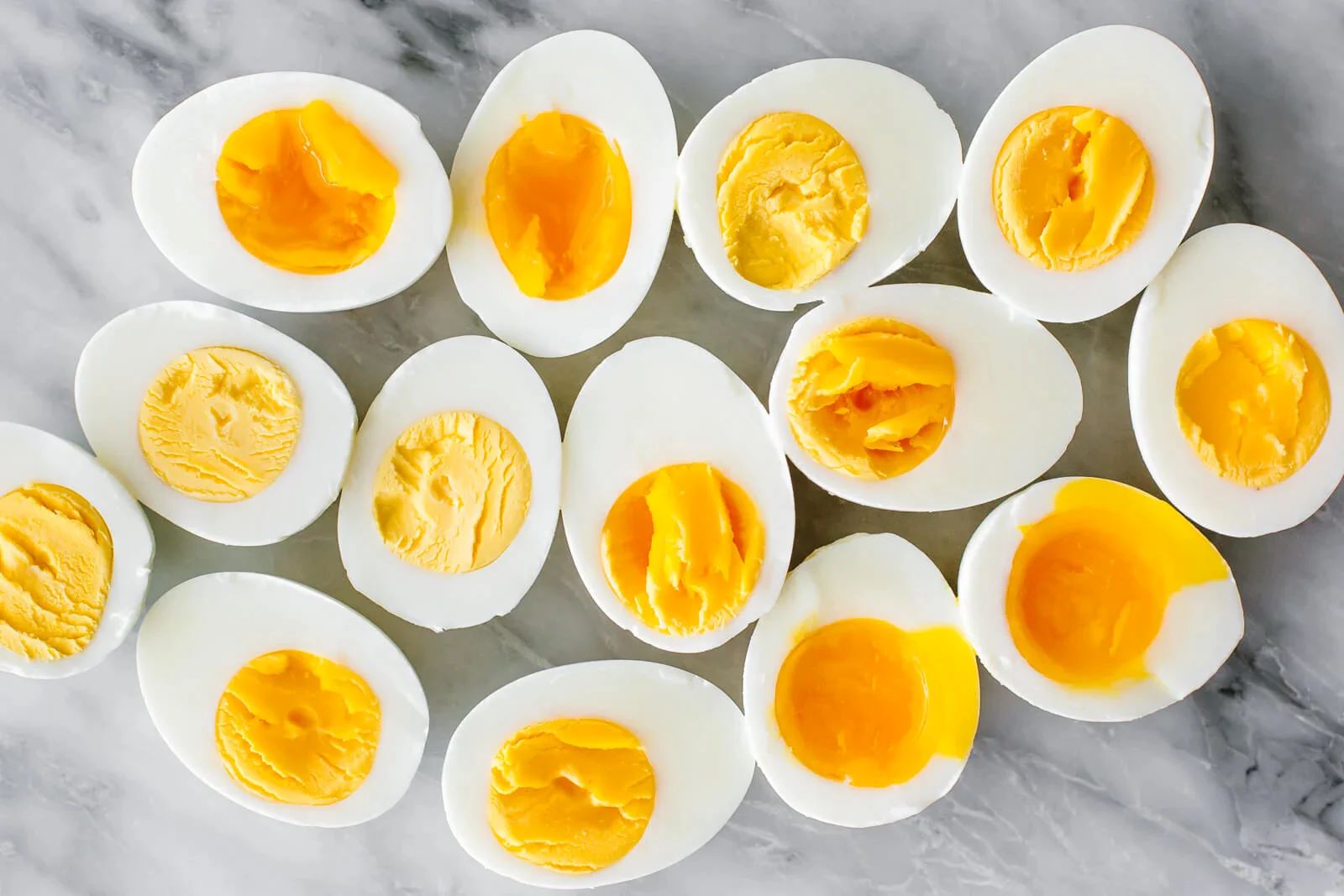

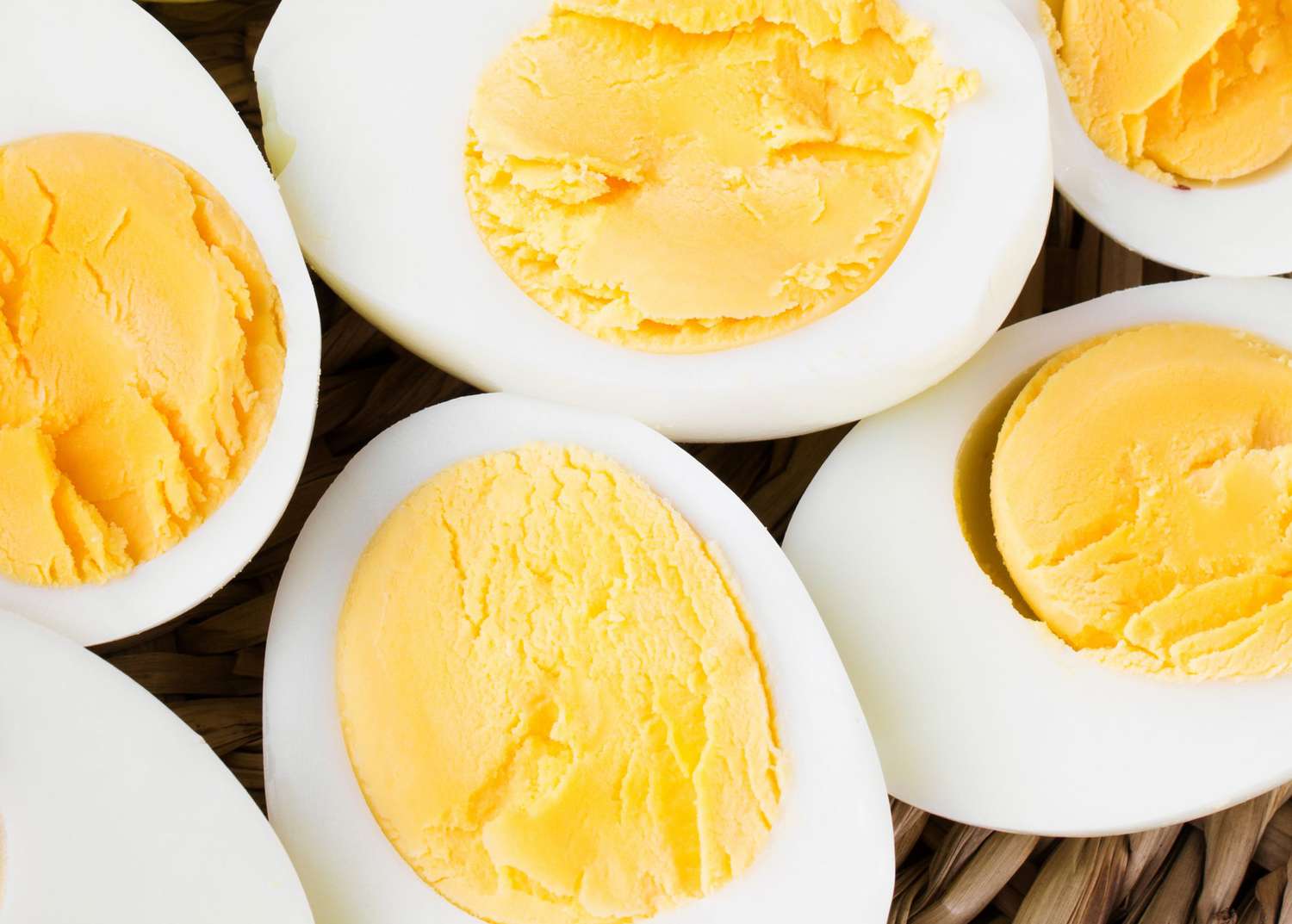
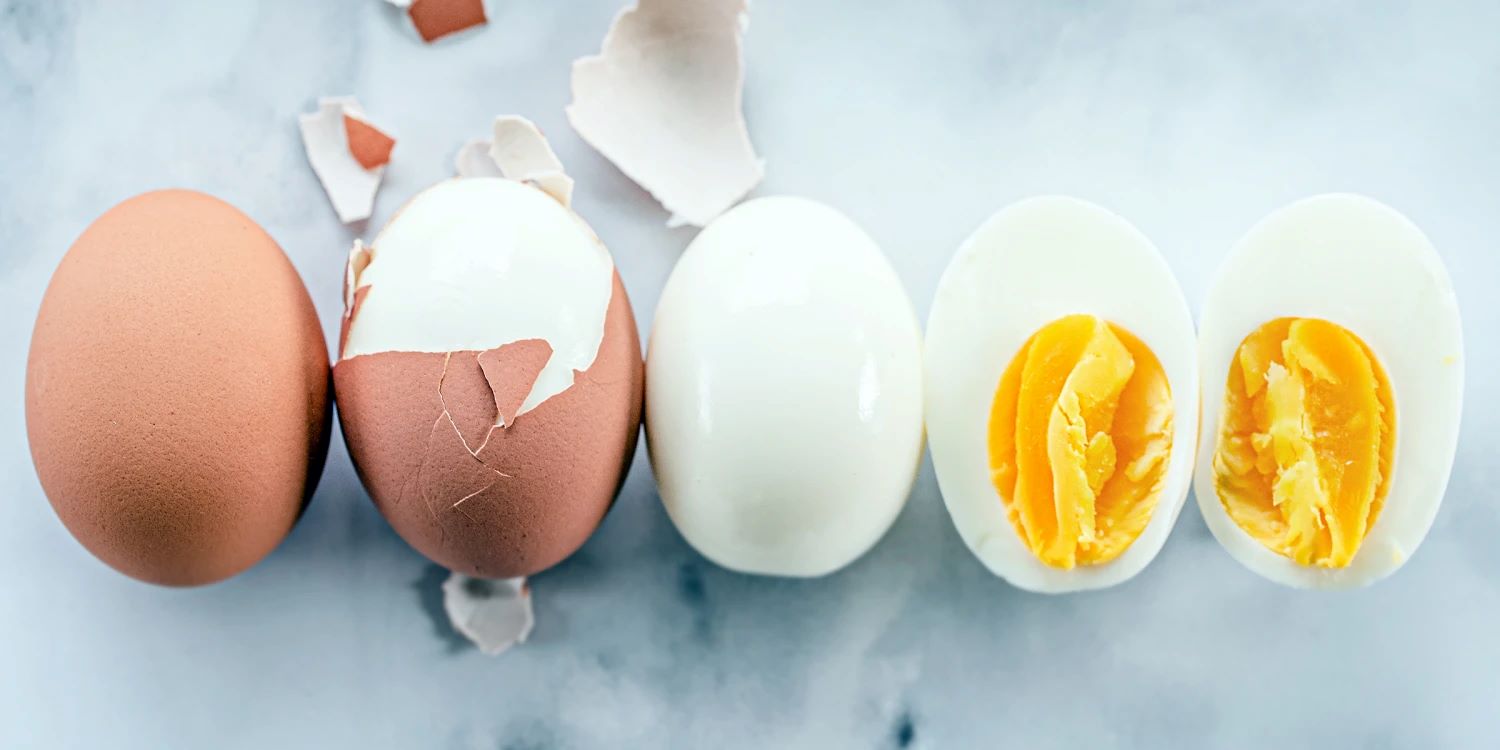

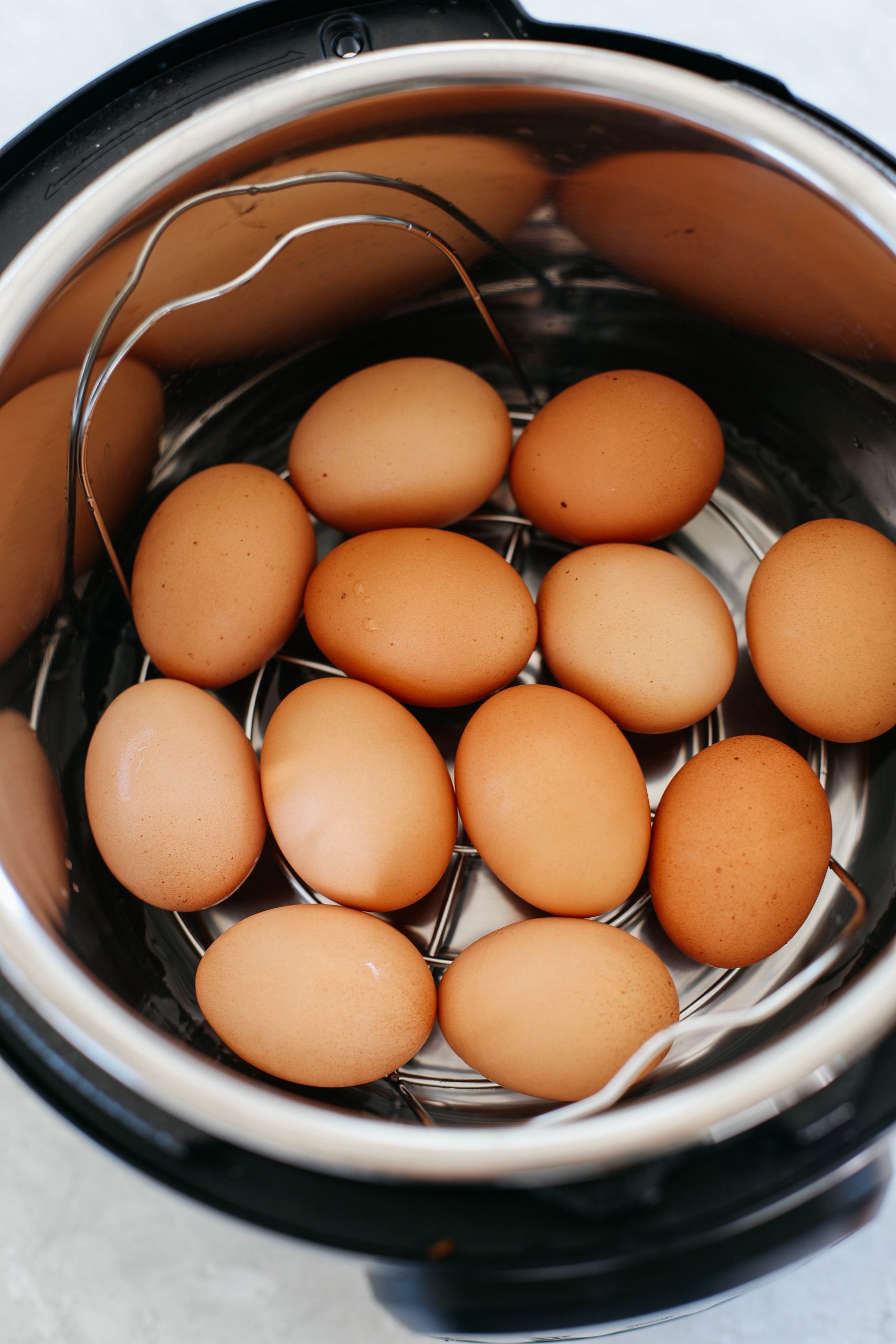
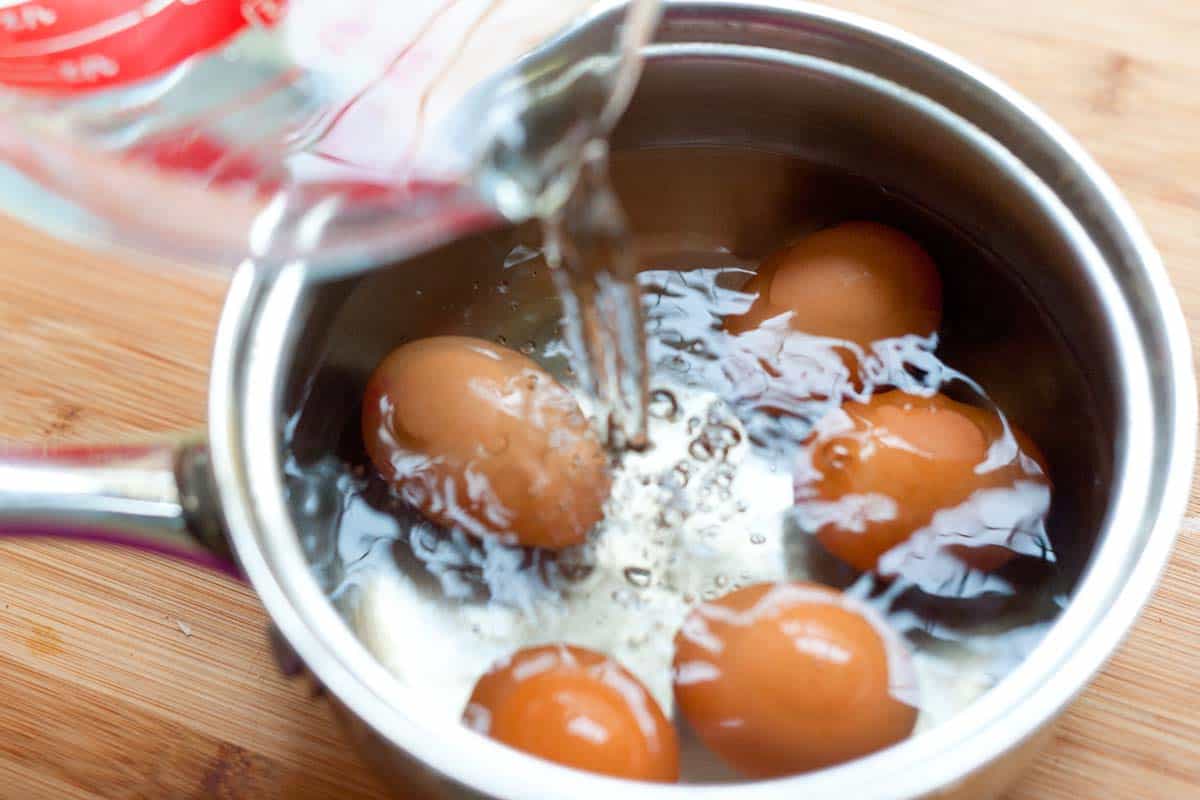
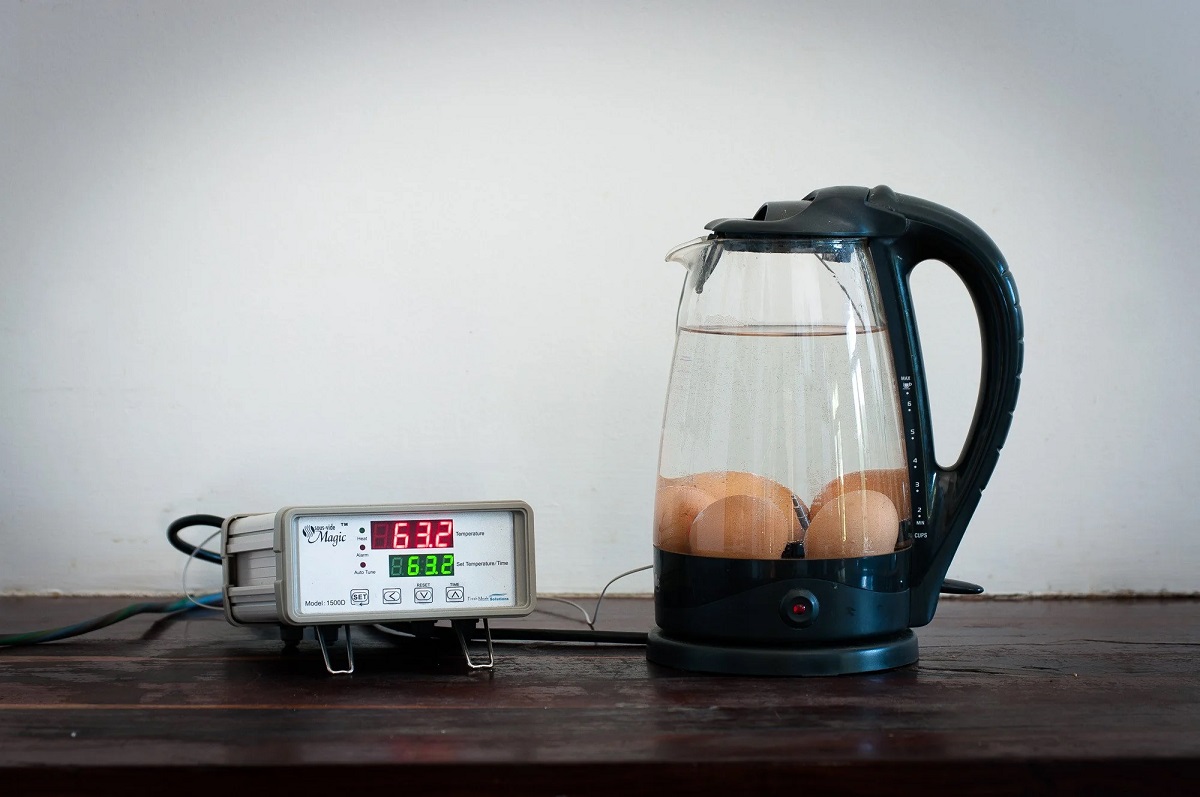
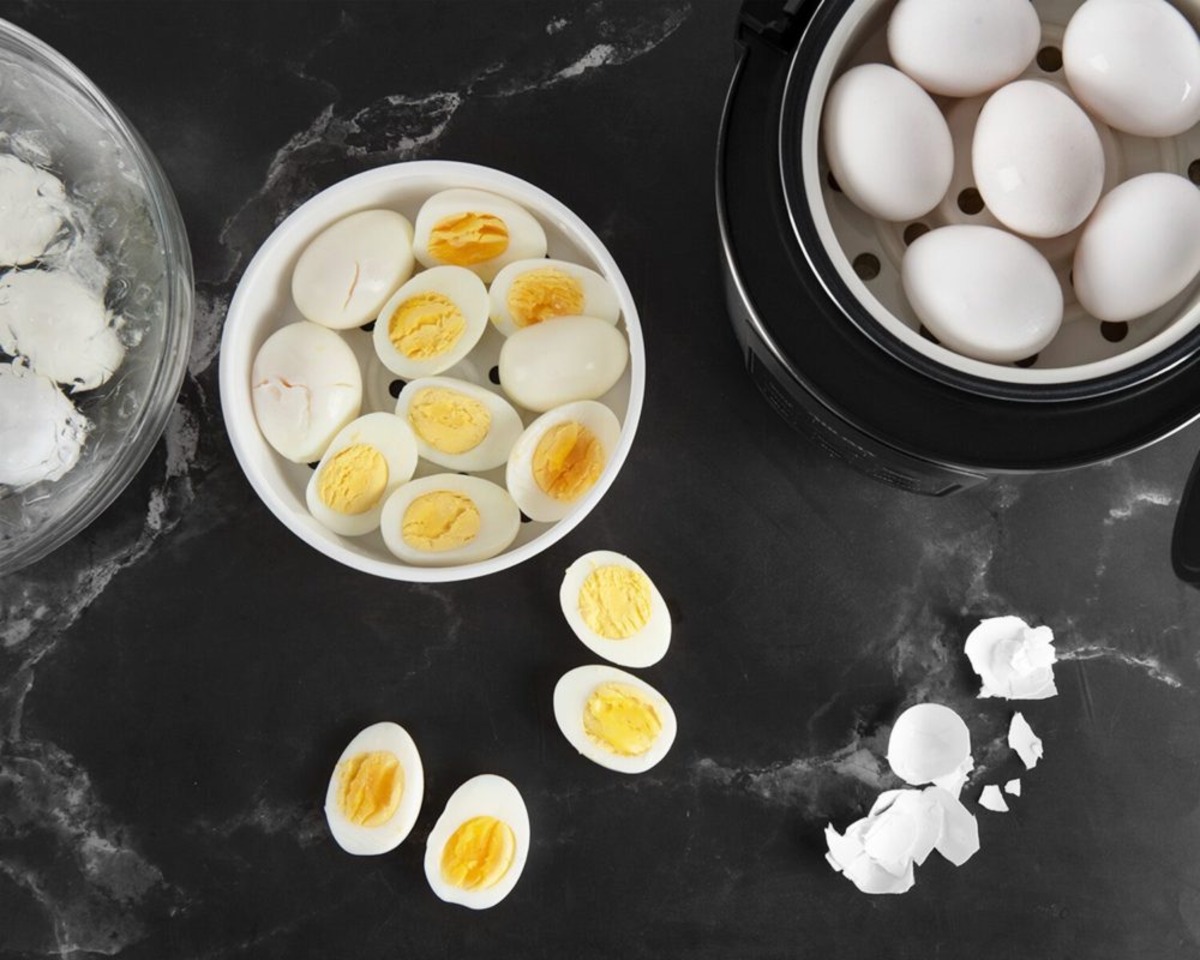
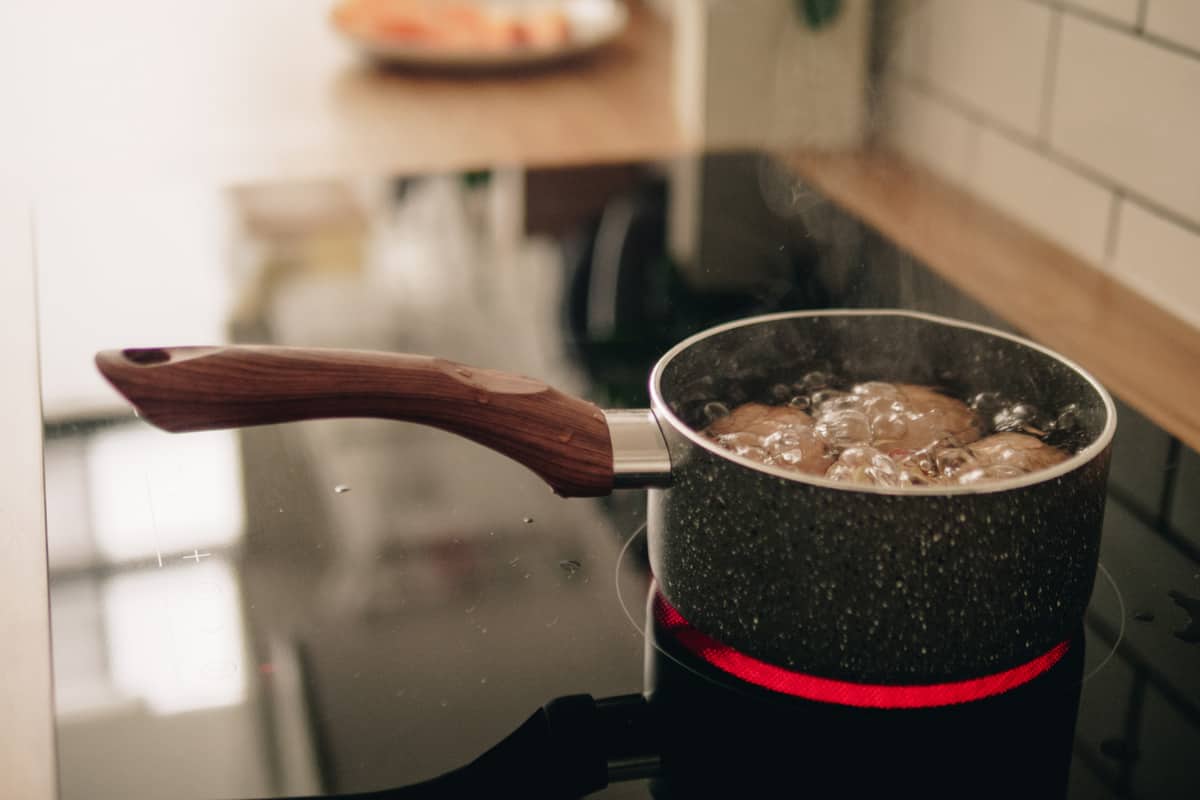
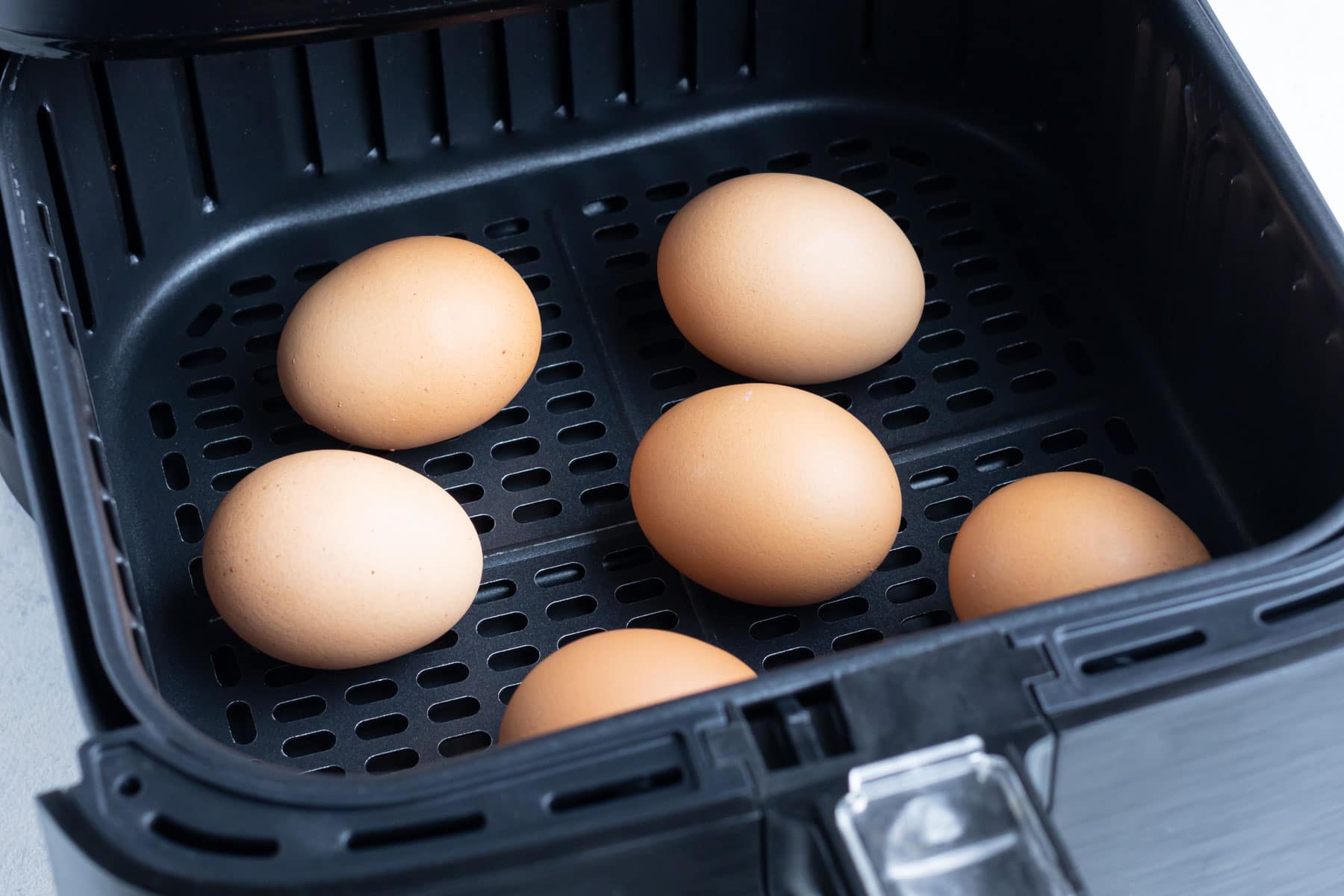

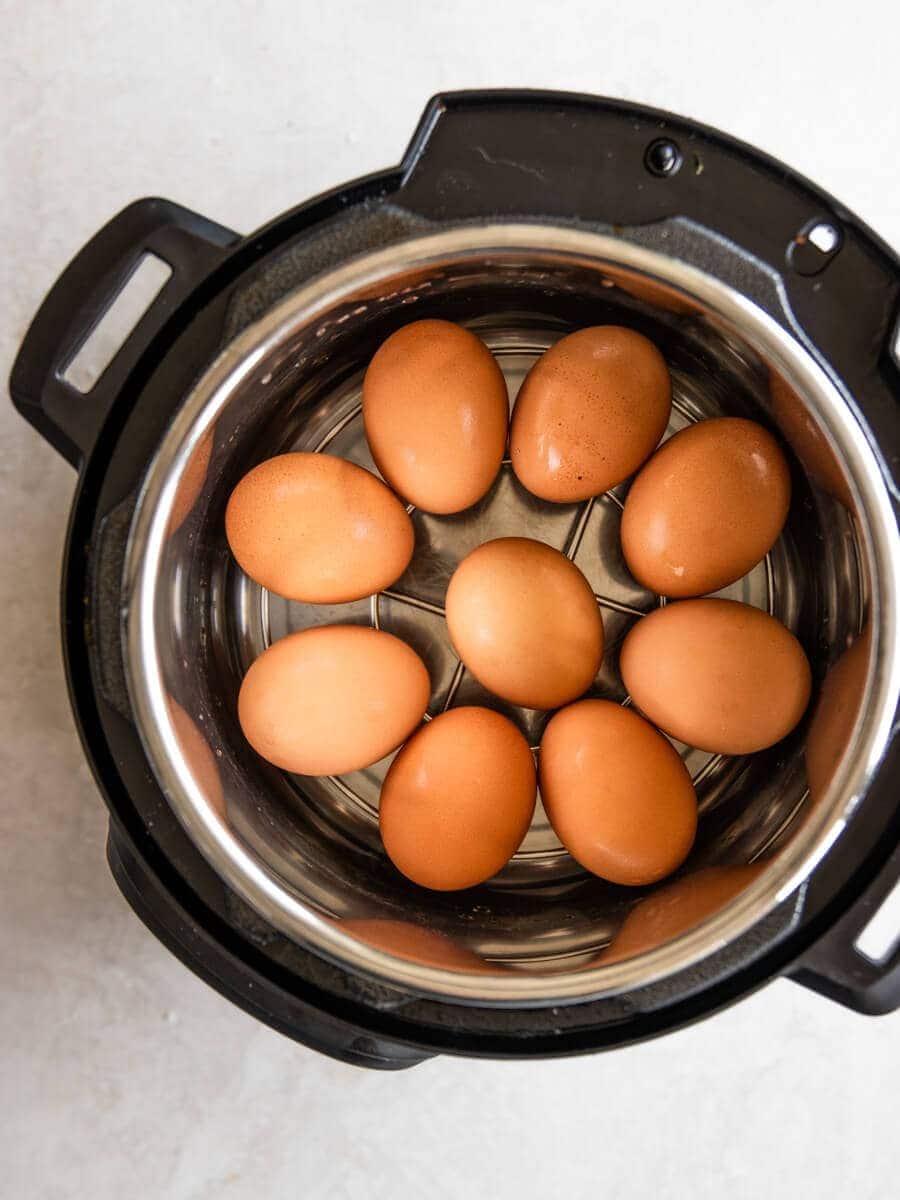

0 thoughts on “How To Store Boiled Eggs”